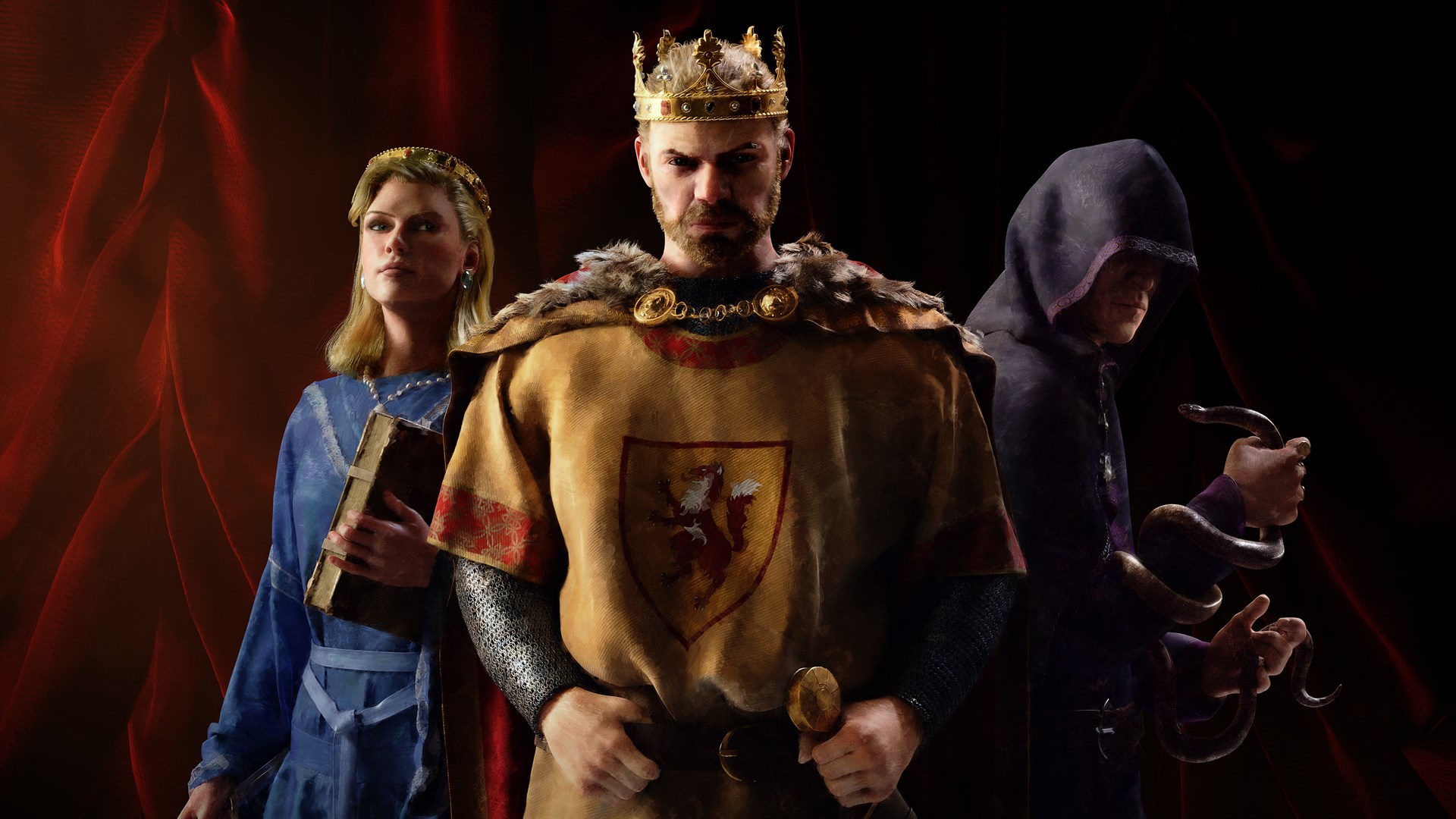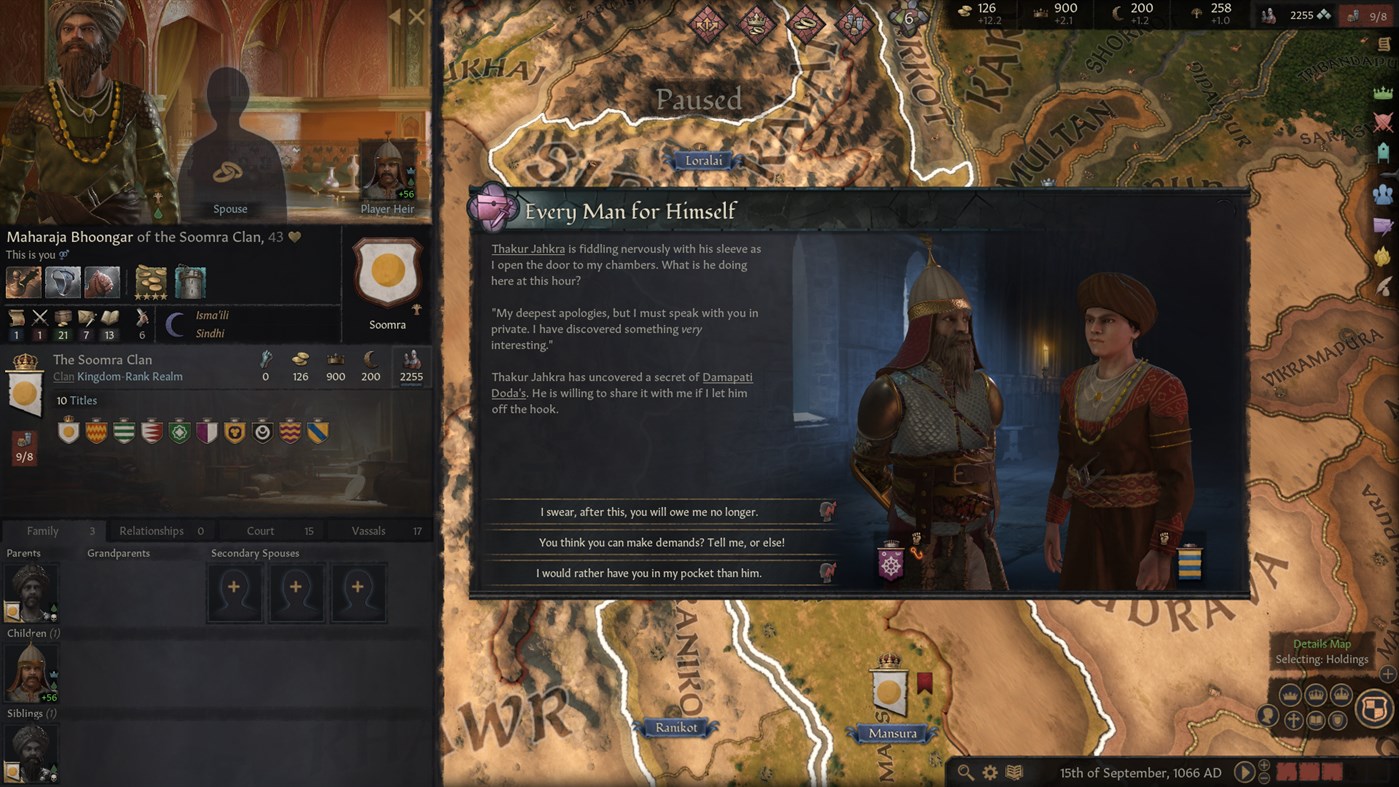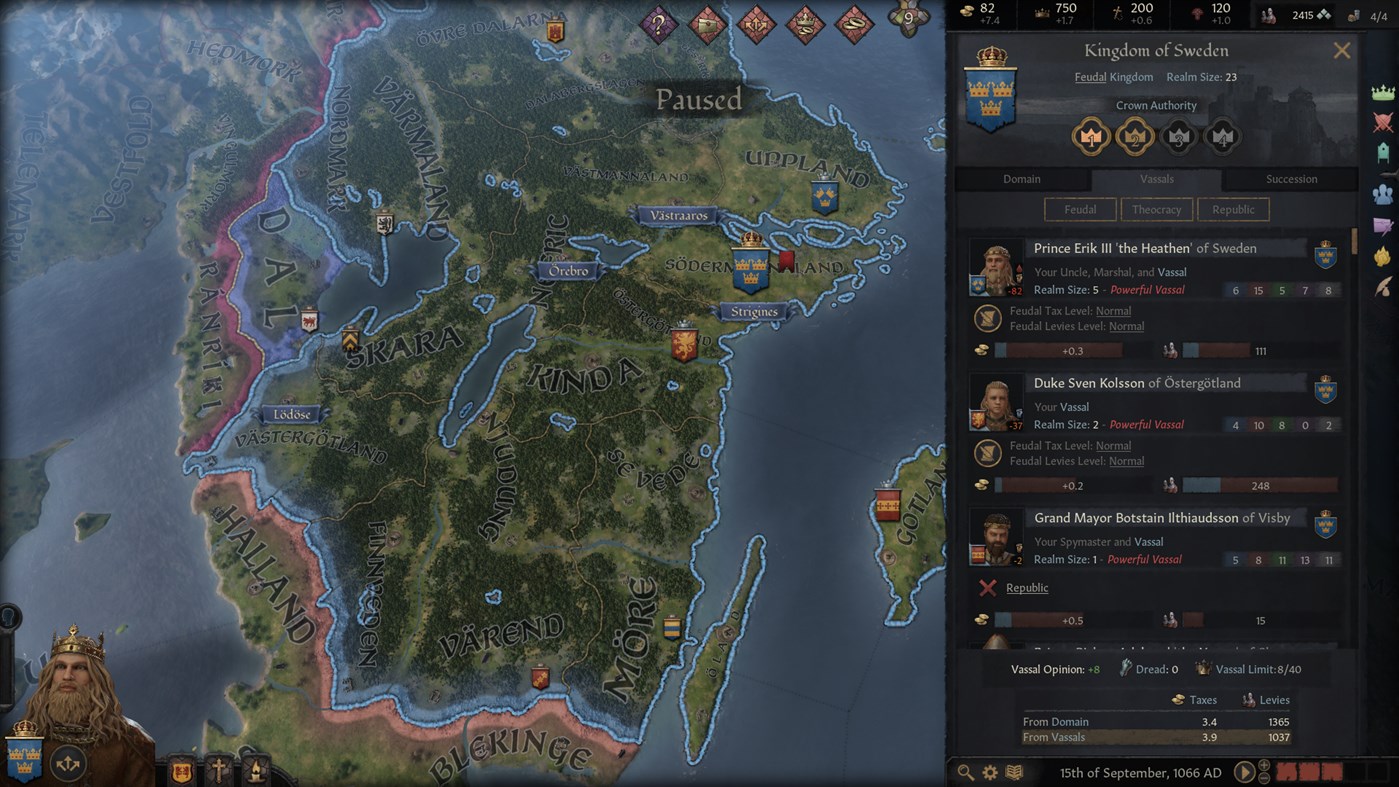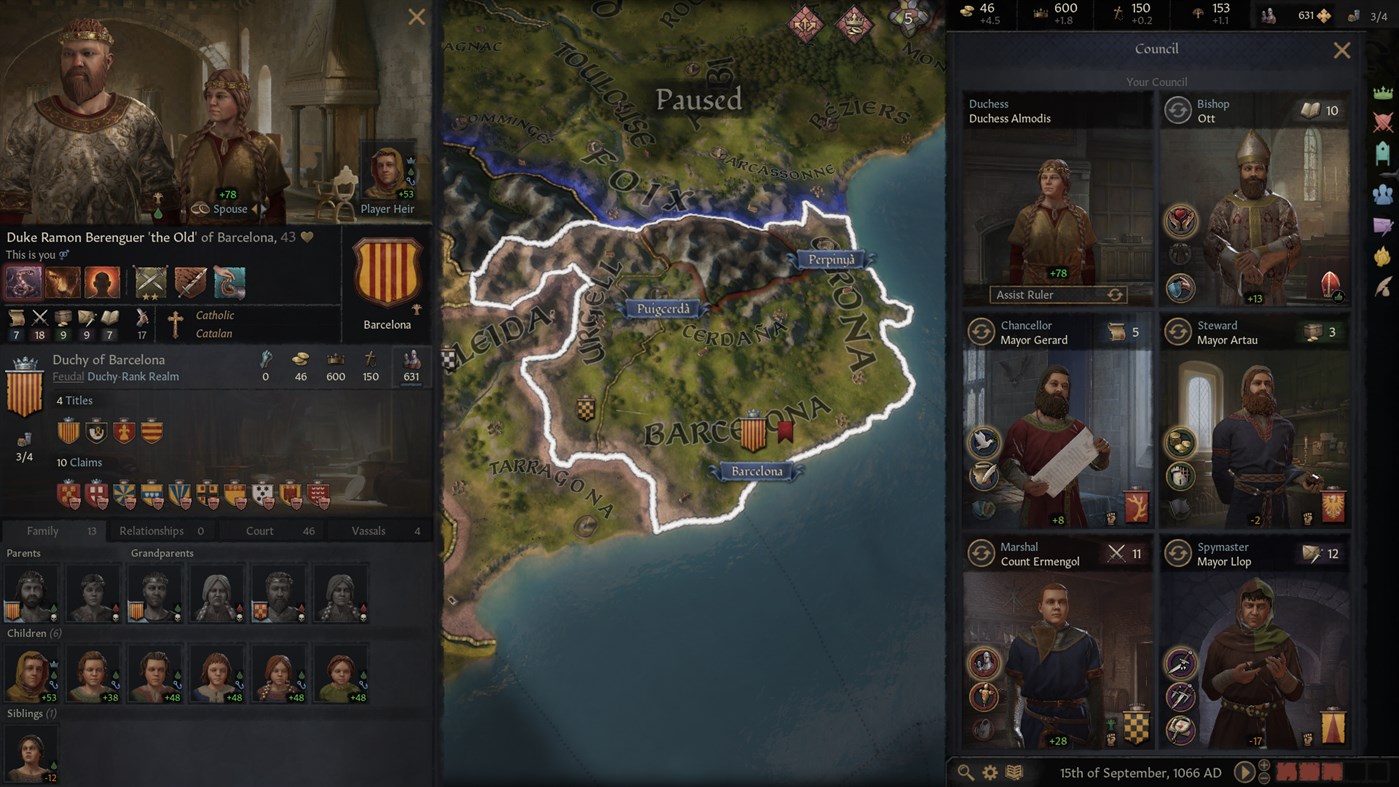


Video Games

Very briefly about Crusader Kings 3, you can tell something like this: it’s like a very long game in The Sims about the Middle Ages, where you not only observe the life of a single family, but also try in every possible way to make this life interesting and rich. As a bonus – governing a state, court intrigues, showdowns with envious neighbors and vassals, as well as the ability to build your own Millennial Reich or the Irish Empire there with territory from Britain to Jerusalem.

Crusader Kings 3 has an interesting story. The second game in the series turned out to be very popular, lived for more than eight years and eventually became one of the pillars of Paradox, which attracted a huge audience to the company’s games. But over the entire period of its existence, the game has grown simply to the point of indecency, and the number of DLCs released for it can be compared with the already mentioned The Sims, only the optimization was so-so, and the entry threshold remained extremely high. So the third part, in addition to the main tasks, had one more – to attract new players to the series without losing the old ones.

At the same time, neither the general concept nor the gameplay has changed much. You choose which dynasty to play (to it, of course, a state of one size or another is supposed to be) and the starting position, after which you go to gnaw out a place for yourself in the sun. The main goal is one – to prevent the destruction of the dynasty and the death of all its characters. The size of the state, its well-being, the state of the population and other factors are no longer so important.
No one, of course, will stop you from capturing half of Europe and regularly making friendly visits to Constantinople or Jerusalem – only the larger the state, the higher the chance to attract ill-wishers and end up with a dagger in the ribs or poison in the wine. And you may also have a peasant uprising, a war of independence with vassals, or your ruler may go completely insane, starting to talk with spirits or hitting religion.

To prevent newbies from going crazy with the amount of information, Paradox has added a system of contextual clues, as well as a full-fledged encyclopedia with almost all terms. Practically. Can’t figure out what kind of “morganatic marriage” your neighbor wants to make? Welcome to Google, because the game itself will not explain this. Fortunately, such moments are rather an exception to the rule, and CK 3 will introduce you to the basic terms on its own (so if this is your first global strategy, I highly recommend training).
There are many things to watch out for in CK3. You have four key resources (gold, prestige, piety and dynasty points), a whole tree of cultures (they play the role of technologies), there are many parameters and skills of the characters, which determine how you interact with them. And your protégé ruler also has five skill trees, a stress jackal, and a system of relationships with other characters.
And almost all of the above works as a basis for … role-playing. Yes, there is role-playing in Crusader Kings, and sometimes there is more of it than in other games, the creators of which call their creations “role-playing”. CK3 goes far in this sense: you not only need to act out the character of a particular leader with a certain set of perks, but also regularly adjust to the changing situation on the map, as well as pay attention to the change of government leaders.